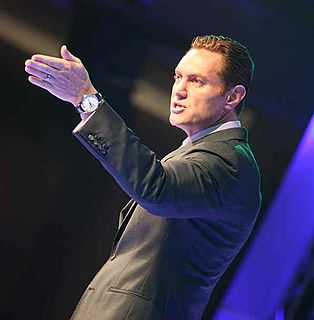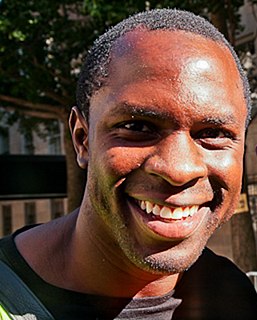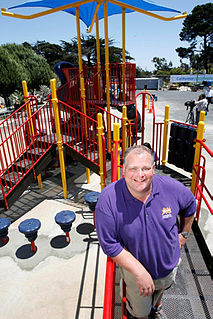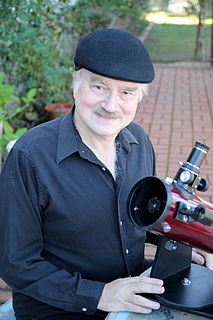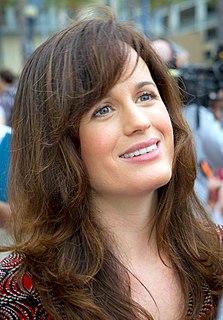A Quote by Bruno Bettelheim
Play reaches the habits most needed for intellectual growth.
Quote Topics
Related Quotes
We recognize that our progress as a species does not have to be defined in terms of wealth or material and physical growth any more than our progress as individuals has to be defined in terms of physical growth. Physical growth of the body reaches a limit, but the character and the soul of the individual continues to grow, or at least has a chance to continue, often to our last breath. It is simple minded to define our well being in material terms, when that well-being has an aesthetic dimension, and intellectual dimension, a moral dimension.
Play, Incorporating Animistic and Magical Thinking Is Important Because It:
Fosters the healthy, creative and emotional growth of a child;
Forms the best foundation for later intellectual growth.
Provides a way in which children get to know the world and creates possibilities for different ways of responding to it.
Fosters empathy and wonder.
In the frenzy, roller coaster of the season, you can play up and play down. But if you're strong enough, you can change those habits and tendencies and make them into championship-type habits and tendencies. That doesn't guarantee you that you're going to win, but it gives you the best chance. That's all I can ask for. That's all I want.
Physical education for the body to be effective must be rigorous and detailed, far sighted and methodological. This will be translated into habits. These habits should be controlled and disciplined, while remaining flexible enough to adapt themselves to circumstances and to the needs of growth and development of the being.
The intellectual's ... playfulness, in its various manifestations, is likely to seem to most men a perverse luxury; in the United States the play of the mind is perhaps the only form of play that is not looked upon with the most tender indulgence. His piety is likely to seem nettlesome, if not actually dangerous. And neither quality is considered to contribute very much to the practical business of life.





